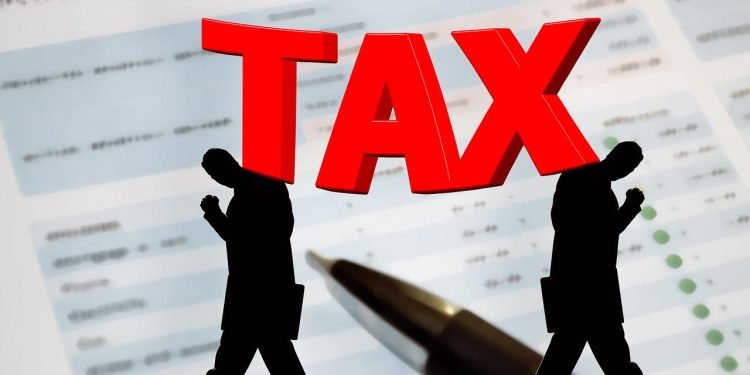Most people dread tax season, but it can be especially nerve-wracking if you’re worried about being audited. According to some reports, the Canada Revenue Agency (CRA) audits about 30,000 people annually.
It may seem insignificant, but getting notified by the authorities that you are subject to being audited can still be stressful. That said, it pays to reduce your chances of an audit and have peace of mind.
Shielding your finances from scrutiny doesn’t have to be complicated or stressful. There are simple ways to protect yourself from an audit and keep more money in your pocket. This guide will help you understand how the CRA chooses who gets audited and provide tips for minimizing risk.
Understanding Personal Tax Audits
Understanding personal tax audits is imperative to ensure the security of your finances. The CRA decides which tax returns it will audit by considering some factors. These factors include your income, deductions, and credits. You might be selected for an audit if something is out of the ordinary on your returns or a red flag that catches their attention.
The CRA may also request that you come in for a face-to-face meeting. Knowing what to do and being prepared for an audit is crucial.
Purpose of personal tax audits
The CRA conducts personal tax audits to verify that taxpayers accurately report their income, deductions, and credits. They offer an additional layer of protection against tax fraud and ensure that everyone pays the taxes they owe.
Audits also help the government collect revenue and ensure everyone contributes their fair share. Additionally, they help maintain public trust in the system and ensure everyone pays their taxes honestly.
Tax audit triggers
Here are some audit triggers that you need to be aware of:
- Not filing or incomplete filing of taxes – Filing your taxes entirely and accurately is the best way to avoid an audit. The CRA will take notice if they find any discrepancies or missing information in your return.
- Claiming incorrect deductions or credits – You may be flagged for an audit if you claim tax deductions or credits inconsistent with the government’s expectations.
- Inconsistent income – If you report a significantly higher or lower income than in previous years, the CRA may investigate to check for any fraud involved.
- Unusual transactions – Taxpayers involved in unusual financial transactions, such as buying and selling real estate, are often under extra scrutiny.
- Concealing income – Concealing or underreporting your income is a surefire way to draw the attention of the CRA.
How To Prepare for Tax Audits
Preparing for tax audits is something your future self will thank you for. Here are a couple of things to do if ever the tax man comes knocking at your door:
Filing accurate and honest tax returns
Filing accurate and honest tax returns is the best way to avoid an audit. Ensuring that all the necessary information is included, such as income sources, deductions, and credits, helps reduce the chances of being audited. Taxpayers should double-check their returns for mistakes to ensure accuracy and honesty before submitting them.
Additionally, any financial documents that support your return should be kept on hand in case of an audit. This includes records for income, expenses, investments, and other tax-related items. Keep these documents organized and easily accessible in case you need to provide proof for any of the information in your return.
Maintaining accurate and complete records
Maintaining accurate and complete records is essential to abide by the law. Having organized records of income, expenses, investments, and other tax-related items will help ensure you accurately report all your information to the authorities.
Furthermore, having records of your financial activities can help you detect discrepancies or fraud more quickly. This can help you avoid an audit or reduce the time needed to complete one. By taking these steps and being prepared for a potential audit, you can protect yourself and your assets from unnecessary penalties.
Seek Help From Professionals To Avoid a Personal Tax Audit
Tax audits can be a daunting and stressful experience, but with preparation, you can reduce your chances of being audited. Staying organized and honest when filing taxes is vital to avoiding an audit. Additionally, keeping accurate records of income, expenses, investments, and other tax-related items will help ensure that all information reported is accurate.
If you are unsure or need assistance preparing for any potential audit scenarios, seek professional advice from qualified experts who can help you avoid a personal tax audit. Taking these steps may save you time and money while providing peace of mind knowing you’ve handled everything correctly.












